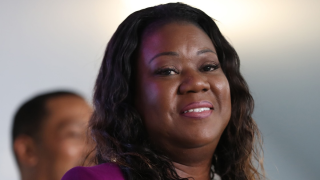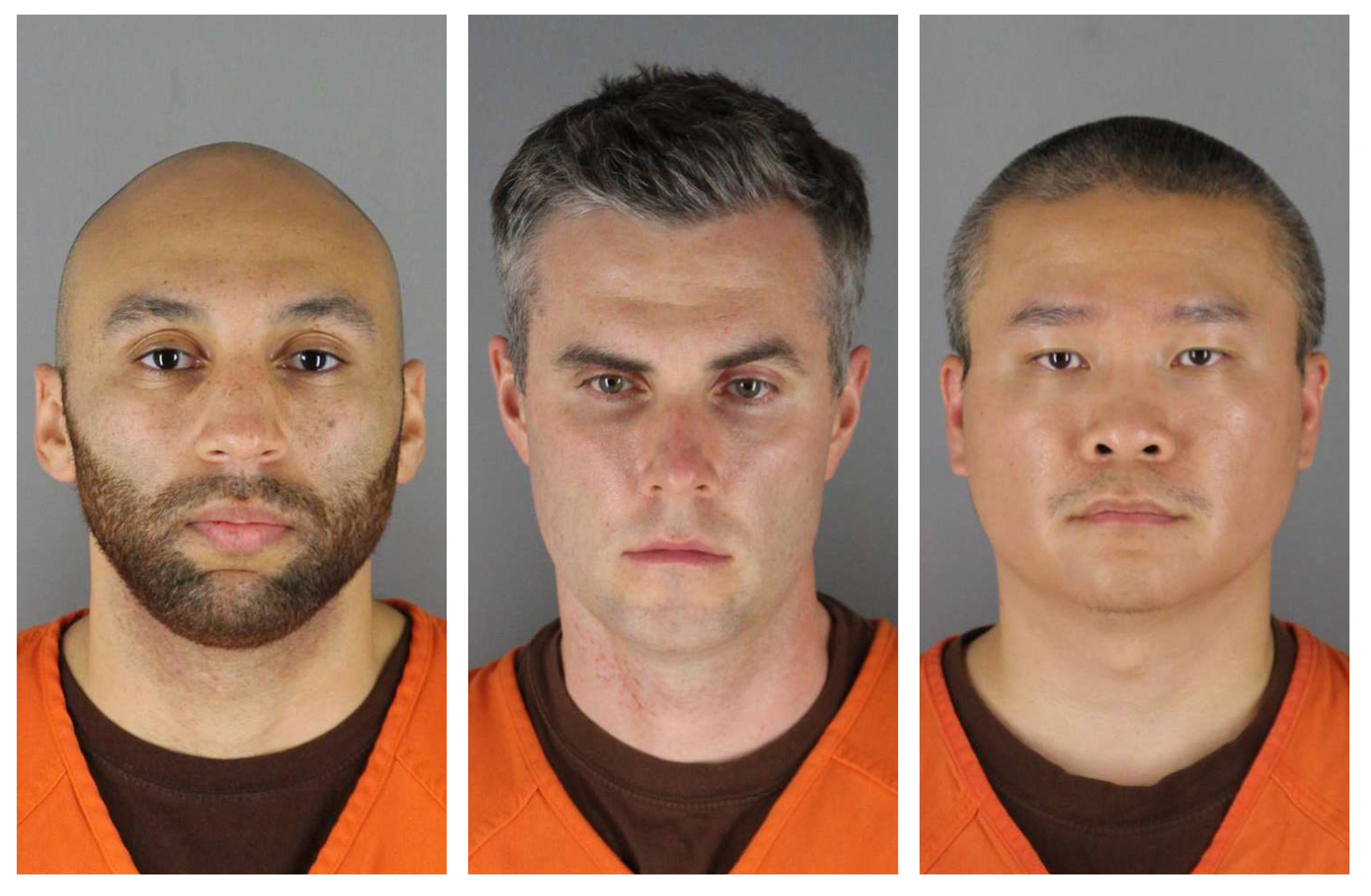
Feb. 5, 1995, and Feb. 26, 2012, are two dates forever etched on Sybrina Fulton's heart.
The first date is her son Trayvon Martin's birthday. He would've turned 27 this year.
Get top local stories in Connecticut delivered to you every morning. Sign up for NBC Connecticut's News Headlines newsletter.
The second date is when he was tragically killed while walking home from a store. His sudden death was the initial impetus for the current social justice movement, catapulting issues of racism and policing to the forefront.
In honor of the 10-year anniversary of Martin's death, Fulton spoke to NBC News' Blayne Alexander on TODAY about mourning her son, the aftermath of his death and what keeps her hopeful.
'I still cry'
Martin had just left a convenience store and was walking back home in Sanford, Florida, with his hood up and with a pack of Skittles and an Arizona Iced Tea. During the walk, neighborhood watch volunteer George Zimmerman followed Martin, confronted him and fatally shot him. Zimmerman, who said he acted in self-defense, was acquitted on all charges.
Fulton still feels the weight of losing her son.
"Ten years later, I still cry," Fulton said. "And I will allow myself time to grieve. I allow myself to heal, and to cry when I need to."
Fulton said continuing to celebrate Martin's life helps her. She launched a foundation in his honor shortly after his death and organizes annual peace walks on his birthday.
"A peace walk is something where we send a message, a clear message out, that Trayvon had a right to walk in peace without being followed, chased, pursued, profiled or killed. And so we want to send that message out that Trayvon should have been able to walk in peace. And so all of our children should be able to walk in peace without somebody following them with a loaded gun."
The anniversary of Martin’s death comes during the same week that three men convicted of murdering Ahmaud Arbery — Greg McMichael, Travis McMichael and William Bryan — were found guilty of hate crimes.
Days later, three former Minneapolis police officers — J. Alexander Kueng, Thomas Lane and Tou Thao — were found guilty of violating the civil rights of George Floyd.
These verdicts follow either acquittals or no charges filed at all in other, similar cases in the last decade.
This week’s guilty verdicts are “very bittersweet because it hurts that we had to lose lives in order to get to that point,” Fulton said.
She said she organizes peace walks and peace talks to give people joy in the face of adversity.
"It’s so dark now in this world with everything going on, with so much hatred and so much racial discrimination and things like that. We want to give people something to look forward to, something positive to look forward to."

'Mother of the movement'
Following his death, Martin's hoodie became a symbol for protesters. They marched while wearing hoodies and carrying bags of Skittles as well as iced tea. "I Am Trayvon" and other slogans and hashtags went viral on social media.
Fulton donated her son's hoodie and bag of Skittles to the National Museum of African American History and Culture in Washington, D.C., to memorialize what happened.
Fulton says in her new essay, "Trayvon: Ten Years Later," that she never intended to be a "mother of the movement," but that she felt obligated to become that after her son's death. Fulton told TODAY that maintaining her son's legacy is what keeps her in it.
"I have to be the voice for my son who’s no longer here. I have a son in heaven and a son here on Earth, and I want to make both boys proud. And so I keep pushing forward. I know that I can’t bring Trayvon back. So it’s about the other Trayvon Martins that you don’t know, that you haven’t said their name. And so it’s about just making sure the movement moves forward and understanding that our children matter as well."
Martin’s death was the first in a series of cases that sparked outcries for police reform, if not abolishment altogether. Since 2012, there have been numerous instances of police officers fatally shooting or performing fatal chokeholds on Black people — including Michael Brown Jr., Alton Sterling, Breonna Taylor and Floyd.
Fulton said just hearing of new incidents as she lives her life causes discomfort.
"I consider them triggers and it just reminds me of what happened to my son," she said.
Fulton said she tries to reach out to mothers who've experienced loss similar to her own when she feels her "spirit is strong."
"Sometimes it's too overwhelming for me to reach out because I believe I'm just going to cry and not offer any assistance," she added.
'I feel like what I’m doing is with a purpose'
Fulton has become a well-known activist since Martin's death. She said it makes a difference for people, particularly grieving parents in similar circumstances, to see her overcoming pain and channeling it into a purpose. That purpose includes her Circle of Mothers group, which brings together moms who've lost children or family members to gun violence.
"I think a lot of just my being there has encouraged a lot of moms. I speak at the Circle of Mothers and I talked to them about moving forward and about adjusting to their new lifestyle. I talked to them about (how) I would never have signed up for this. I did not apply for this position, I would have never taken this position. But by the same token, I feel like what I’m doing is with a purpose. I’m passionate about what I do and what I say."
The Black community and allies have rallied around Fulton. Black Lives Matter was founded in 2013 in response to the acquittal of Zimmerman, its website says. The summer of 2020 in particular saw action taken by the Black Lives Matter movement following the deaths of Floyd and Taylor.
Fulton said it's encouraging to see people fighting for accountability, and that there are multiple ways for them to get involved.
"I felt good that people were getting involved more, that people were protesting, nonviolent protesting. And so I don’t believe you should tear up your community. But by the same token, I believe you should do something," she said.
"If you consider yourself an activist, you have to act, you can’t just sit at home and complain about something on the telephone with your girlfriends, you definitely have to act."
She added that that can include writing letters, attending rallies, voting in elections, and connecting with a nonprofit organization.
Fulton's end goal is complete accountability.
"Progress to me looks like when a person does something and they are held accountable. To me, this country has gotten so nonchalant with losing lives, of people of color," she said.
Even with all this heaviness, Fulton is protecting her peace and striving to keep her smile.
"A good day is me not turning the news on and somebody being killed. A good day for me is just being around my family and friends and just being happy, and just being able to smile," she said.
This story first appeared on TODAY.com. More from TODAY:



